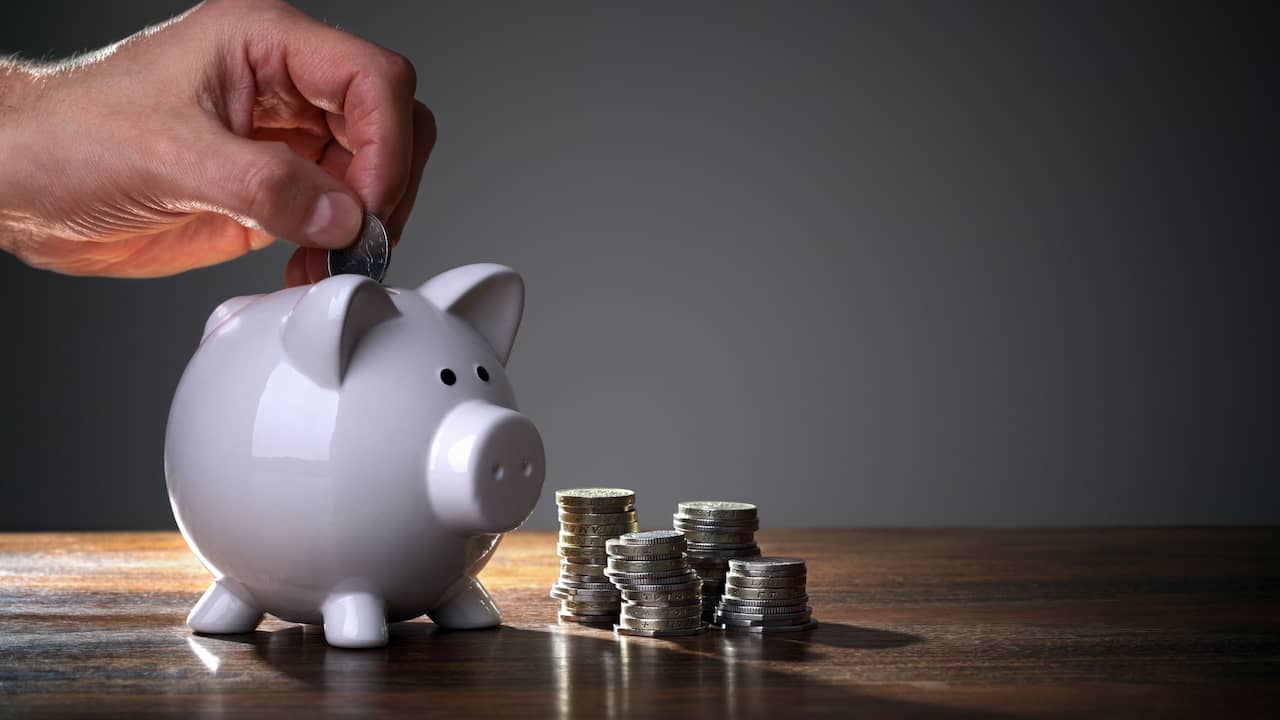Savers may notice higher bank taxes in the interest they receive on their savings account. IMF director Paul Hilbers suspects that the House of Representatives’ plan will be at the expense of savings rates rather than the high profits of banks.
A majority of the House of Representatives wants to increase the minimum wage and finance this through, among other things, a higher bank tax. At first they wanted to increase the tax by 350 million euros, but after a negative advice from the outgoing cabinet about the feasibility, they reduced that amount to 150 million euros.
The idea is that there is more to be gained from the banks. In August, almost all Dutch banks saw their profits double. This was mainly due to rising interest rates (following increases by the ECB), which are only slowly incorporated into the savings interest rate for customers. As a result, banks earn more than in the past fifteen years from the difference between interest rates for borrowing and saving.
Hilbers believes that you should ask yourself what the impact is on those affected by such a tax. “Will the banks pay for it from the excess profit, or will they soon tinker with their own interest rates?” Previously, banks and business organizations also expressed criticism about the additional bank tax.
Outgoing Minister of Finance Sigrid Kaag has asked regulator ACM to investigate whether there is sufficient competition between Dutch banks, looking at the lagging savings interest rates.
